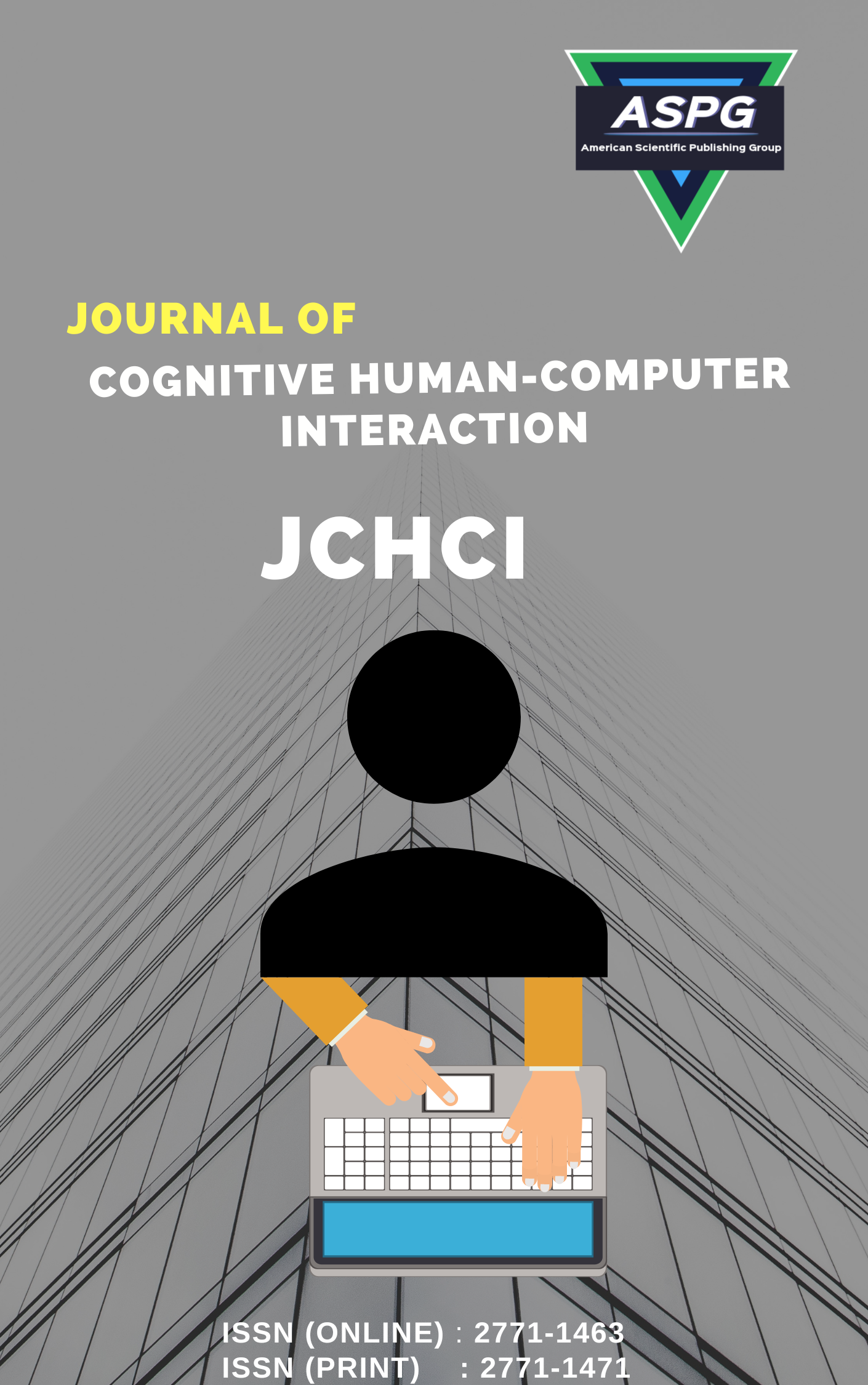

A significant amount of sensor data and patient health data files are being created in the current era of smart phones and wearable technology. Big data analytics is crucial to resolving problems and obstacles in the healthcare industry. The healthcare industry generates enormous amounts of data that big data can handle. Every day, a variety of devices generate petabytes of data, which, when examined, can provide insightful and practical data-driven solutions for patient care. This paper provides an overview of the various healthcare applications of big data analytics, along with an analysis of the associated problems and potential tools and technologies for healthcare clouds. Big data has the power to transform the healthcare sector and enhance clinical trial monitoring quality and operational efficiency.
Read MoreDoi: https://doi.org/10.54216/JCHCI.080101
Vol. 8 Issue. 1 PP. 08-13, (2024)
This paper explores sentiment analysis in Indian languages through a deep learning approach, combining machine learning techniques with natural language processing (NLP). Three neural network architectures—CNN, LSTM, and GRU—are employed to construct sentiment analysis models. Additionally, transfer learning is utilized via FastText, MURIL, and IndicBERT embeddings. The models are trained and evaluated on a translated dataset derived from the Sentiment140 dataset from Kaggle. Performance metrics such as accuracy, precision, recall, and F1-score are used to evaluate the models. The study addresses the challenges of sentiment analysis in Indian languages by leveraging deep learning techniques and linguistic diversity, providing insights into sentiment analysis across diverse languages and cultures. Furthermore, this project extends its analysis to include work on Gujarati, Marathi, and Sindhi languages, contributing to the understanding of sentiment analysis in a broader spectrum of Indian languages
Read MoreDoi: https://doi.org/10.54216/JCHCI.080102
Vol. 8 Issue. 1 PP. 14-21, (2024)
In today's rapidly evolving world, wireless technology has emerged as an essential solution for establishing connectivity in diverse environments. They offer cost-effective deployment options and scalability, accommodating organizational growth without the need for extensive infrastructure changes. However, wireless networks are susceptible to various security attacks, including Sybil attacks. In this paper, we provide a comprehensive review of Sybil attack detection techniques in wireless networks i.e. Mobile Ad hoc Network (MANET) and Wireless Mesh Networks (WMNs). In this paper, we analyze a range of methods proposed to detect and mitigate Sybil attacks, including approaches based on genetic algorithms, fuzzy logic, secure routing protocols, and hybrid techniques combining different detection mechanisms. Additionally, we explore the use of bio-inspired algorithms, such as the Bacteria Foraging Optimization Algorithm (BFOA), and discuss novel strategies integrating node authentication and threshold-based mechanisms. By examining the strengths and limitations of each approach, this review offers valuable insights into the state-of-the-art in Sybil attack detection in wireless networks, aiding researchers and practitioners in developing robust security solutions.
Read MoreDoi: https://doi.org/10.54216/JCHCI.080103
Vol. 8 Issue. 1 PP. 22-34, (2024)
A smart city coordinates resource allocation to provide a safe, efficient, and good living environment. Smooth integration of advanced technologies optimises resource consumption, notably power control. Optimizing power control includes strategically placing connected devices to optimize electricity utilisation. Intelligent urban environments need recognising this issue and solving it. Multiple solutions are needed for smart city energy optimisation. However, on-going scientific debate attempts to construct a ground-breaking intelligent grid design that can gather electricity from PV, hydro, and thermal sources. A delay-aware delivery system handles the challenging challenge of real-time energy optimisation (ECRT). Optimising energy expenditure in real time matches demand and supply. This project intends to build a smart grid that regulates electrical operations and uses sustainable energy sources. The paper focuses modelling renewable energy and improving energy distribution. We want to boost smart city energy efficiency. The hybrid smart grid proposes an effective energy resource management system that blends numerous energy production sources and real-time energy expenditure optimisation. The harmonious integration of sustainable energy sources and novel control systems improves resource allocation while being sustainable. This insightful study discusses smart energy system concepts and solutions in a technologically sophisticated city. Real-time energy optimisation and sustainable energy sources show an on-going commitment to increasing efficiency, resource utilisation, and sustainable design in intelligent urban environments.
Read MoreDoi: https://doi.org/10.54216/JCHCI.080104
Vol. 8 Issue. 1 PP. 35-43, (2024)
This project focuses on healthcare diagnostics where it examines the problem of accurate heartbeat classification by merging Electrocardiogram (ECG) signals. ECG signals have such variability and complexity that it is hard to accurately detect various cardiac rhythms. That is why this research came up with an ensemble framework that combined recurrent neural networks (RNNs), and convolutional neural networks (CNNs) reinforced by group normalization (GN). By incorporating these techniques, the authors aimed to improve the stability and efficiency of RNNs with respect to temporal dependencies as well as CNN for spatial features. The ensemble model exhibited a greater accuracy in classifying different heartbeats after careful experimentation and analysis. During training, the inclusion of GN in the CNN part ensured its stability thereby promoting generalization of the model. This study shows that combining ECG signals is efficient and also highlights the necessity of specific normalization methods used to refine medical diagnostics.
Read MoreDoi: https://doi.org/10.54216/JCHCI.080105
Vol. 8 Issue. 1 PP. 44-51, (2024)